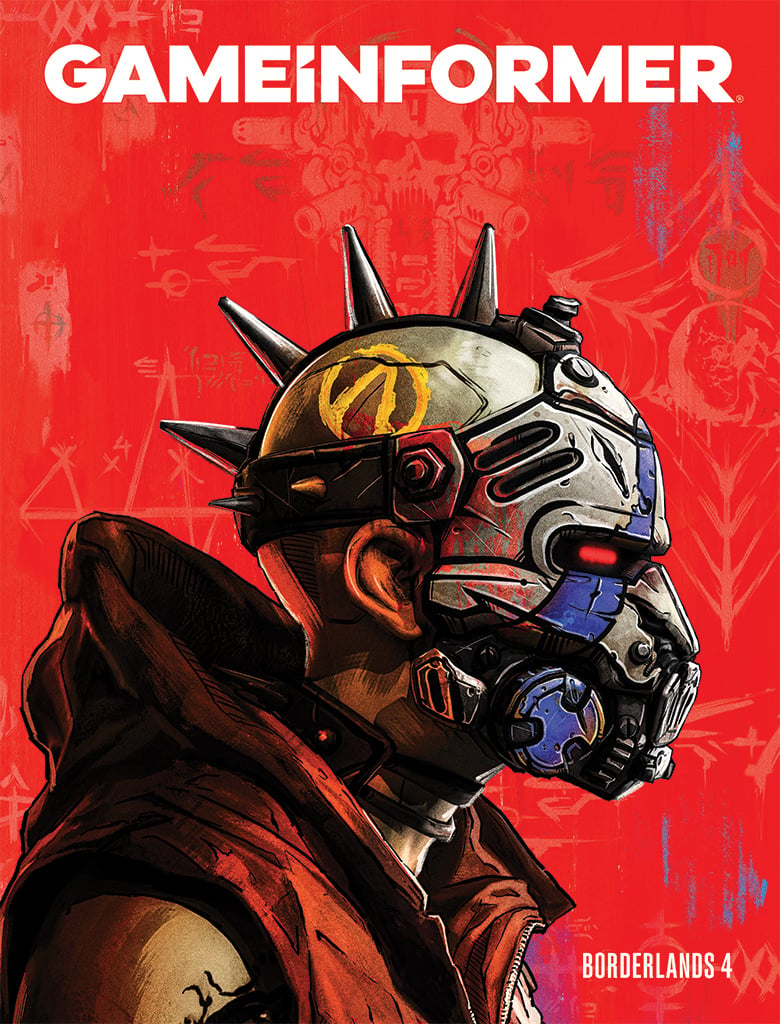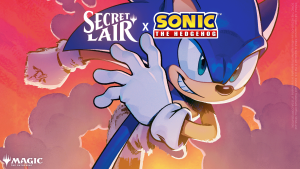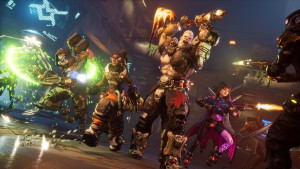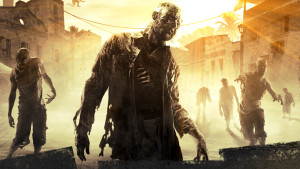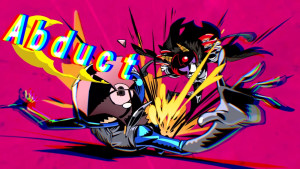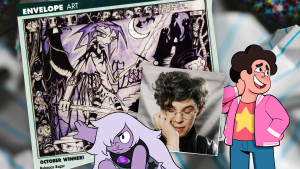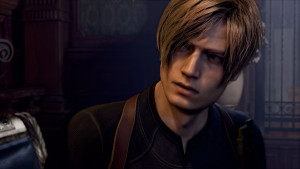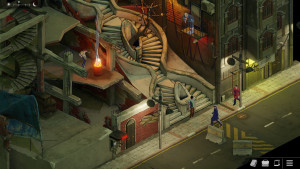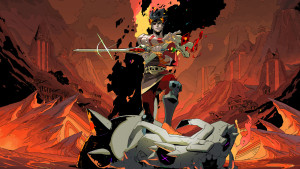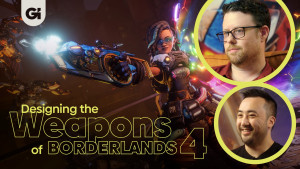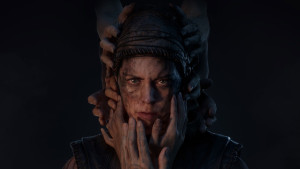Last chance to get your Borderlands 4 issue when ordered by July 1st. Subscribe Now!
Series That Slipped Through Nintendo’s Grasp
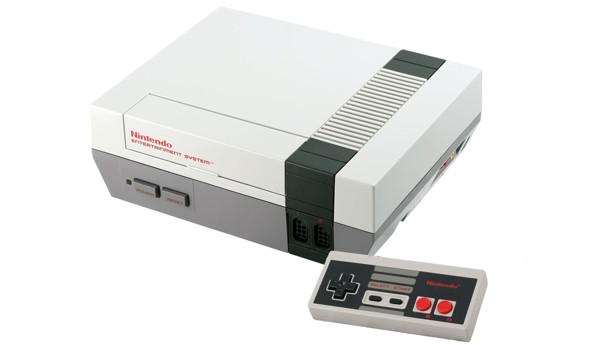
It disheartened me greatly when I recently compiled a woefully thin list of upcoming titles for the Wii U. As I look back at the company’s history, I am forced to wonder how so many fantastic series have slipped from Nintendo platforms to multiplatform releases (many of which no longer even include the Wii U).
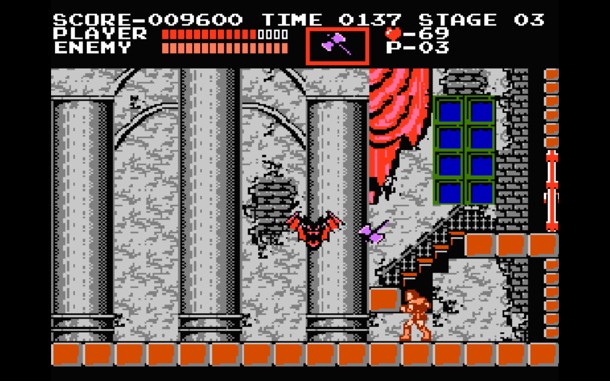
Castlevania
- NES: Castlevania, Simon’s Quest, Dracula’s Curse
- SNES: Super Castlevania IV, Dracula X
- N64: Castlevania, Legacy of Darkness
- Wii: Castlevania Judgment, The Adventure ReBirth (WiiWare)
- Game Boy: Kid Dracula, Castlevania The Adventure, Castlevania II: Belmont's Revenge, Castlevania Legends
- Game Boy Advance: Circle of the Moon, Harmony of Dissonance, Aria of Sorrow
- DS: Dawn of Sorrow, Portrait of Ruin, Order of Ecclesia
- 3DS: Lords of Shadow - Mirror of Fate
Castlevania began its life on the Nintendo Entertainment System and has had a long and storied history on the company’s home and portable systems. Notably missing from this list are Symphony of the Night (arguably one of the best 2D entries) and the two home console installments in the Lords of Shadow trilogy.
Konami still seems to be supporting Nintendo on the portable front. It was an odd choice to split the middle title in the Lords of Shadow series, though. This was later remedied with an HD version that appears on PSN, Xbox Live, and PC, but surprisingly not the Wii U. Konami seems to be slowly shifting the Castlevania series away from Nintendo platforms.
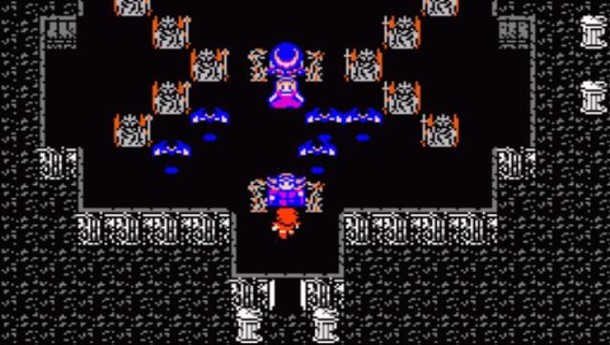
Final Fantasy (Main Series)
- NES: Final Fantasy I - III (II, III JP Only)
- SNES: Final Fantasy IV - VI (V JP Only)
- DS: Final Fantasy III (Remake), Final Fantasy IV (Remake)
Final Fantasy lived on Nintendo systems for its first six installments (though only three of those made it to North America at first). The brand name was even applied in North America to some handheld titles from other series because of its popularity.
Things changed with Final Fantasy VII, though the title was intended for the Nintendo 64 before the limitations of cartridges pushed Square toward a CD-ROM based system. Thus, the long, ongoing partnership with Sony was born.
Final Fantasy games have made appearances on Nintendo systems, with Crystal Chronicles, Final Fantasy Tactics Advance, and even a sequel to Final Fantasy XII. However, Square Enix has parted ways with Nintendo for the main numbered series, at least for now.
(Note: Unlike Castlevania, which is a fragmented series, Final Fantasy has a clear RPG "main series" that we chose to highlight.)
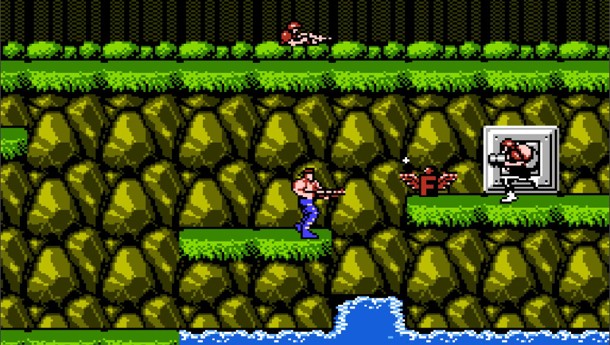
Contra
- NES: Contra, Super C, Contra Force
- SNES: Contra III: The Alien Wars
- Wii: Contra ReBirth (WiiWare)
- Gameboy: Operation C
- DS: Contra 4
Contra may have started its life in the arcades, but it quickly became synonymous with Nintendo consoles, in no small part due to the Konami code. Unfortunately, following the release of the fantastic Contra III on the Super Nintendo, Konami began looking elsewhere to publish.
Two PlayStation titles, two PlayStation 2 games, and a downloadable title for PS3 and Xbox 360 later, Contra has faded a bit as a hot property. It still has appeal, and if it comes back strong, Nintendo would do well to make a play for exclusivity.
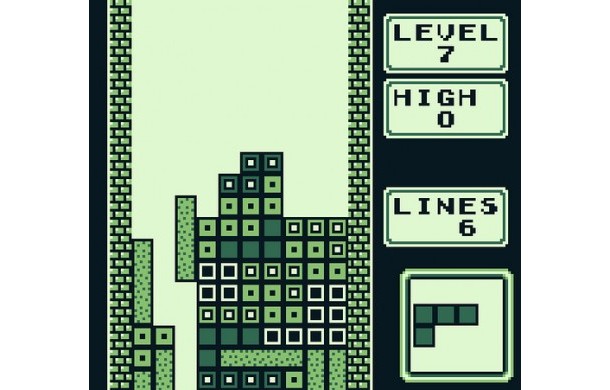
Tetris
There have been far too many Tetris games and variants to count, but no puzzle game has a stronger association with Nintendo that Alexey Pajitnov's masterpiece. The original Tetris (at least the only officially licensed version) was bundled with every single Game Boy sold.
Sure, games like Yoshi's Cookie and Dr. Mario made better use of Nintendo mascots (though Mario was featured in the Game Boy version), but Tetris was a major catalyst that is still the gold standard of digital puzzle games. What would the landscape look like if Nintendo had purchased Tetris outright?
Despite the painful loss of these major series, even in terms of multiplatform releases, Nintendo has a few third-party exclusives it has held onto since the beginning. Despite two Sony exclusive entries, the Dragon Warrior/Quest series remains focused on Nintendo consoles (though Square Enix has yet to bring the tenth entry to the West).
Mega Man titles, though few and far between these days, have had a stable home on Nintendo platforms. The company's handhelds have been privy to entire spin-off series not found elsewhere.
Nintendo has even picked up the mascot of its former biggest rival. Sonic will be making another exclusive appearance on Nintendo platforms this year (and from what we’ve seen, the two Sonic Boom titles might even be good).
Nintendo’s issue isn’t that it doesn’t have great first-party properties. It does, though some like Star Fox, Metroid, and F-Zero have dwindled. Nintendo does still have third-party relationships, though many of their fruits are focused on the 3DS.
The problem is that Nintendo and major third-party publishers, of which there are fewer as time marches on, are drifting apart. Nintendo has the exclusives. It needs the multiplatform support that would bring it Metal Gear V: Phantom Pain, the next Final Fantasy title, whatever is next for the Castlevania series, and the slate of sports titles that 2K and EA have to offer.
Nintendo can pull the Wii U out of a tailspin. It won’t be easy, and it will mean staying on track with its exclusives and sweetening the deal for third-parties. The question is whether the company will take the steps necessary to save its latest home console.
